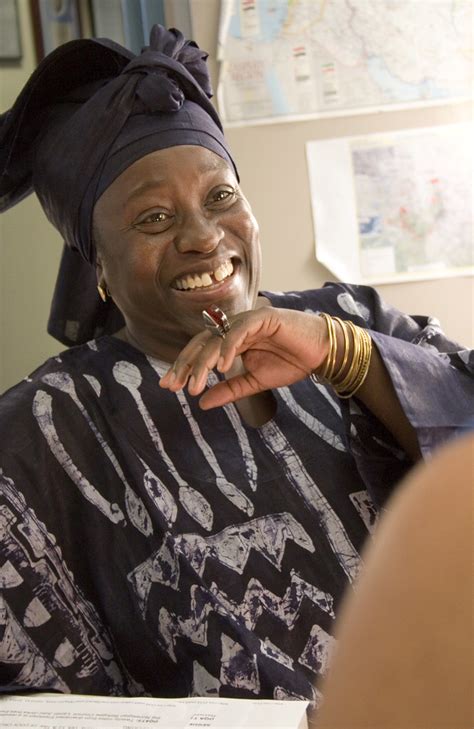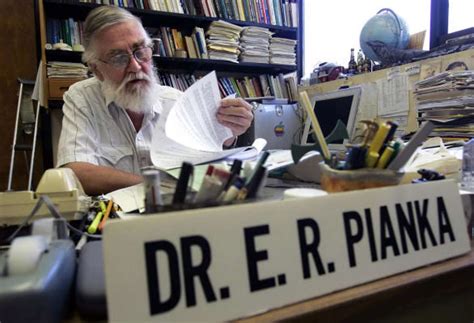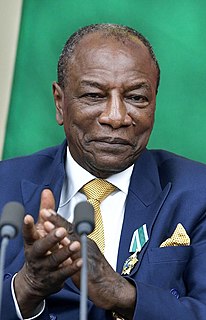A Quote by Chris Brown
I don't know … but I think this Ebola epidemic is a form of population control.
Quote Topics
Related Quotes
Ebola has killed almost 12,000 people and at least 500 health workers. So it affected the entire population. And as you know, the World Health Organization was accused of not having declared an epidemic soon enough. And that's when we saw Ebola rampaging through Sierra Leone, Liberia and, to a lesser extent, Guinea.
I think Ebola is a great example of where the world really needs to come together. The three countries where this outbreak took place have had a lot of civil war, very weak health systems. And so, it did take a while for people to understand ....that eventually what we saw was a very unique Ebola epidemic. I think it is quite impressive what's being pulled together, and I think we will be able to get this under control.
War and famine would not do. Instead, disease offered the most efficient and fastest way to kill the billions that must soon die if the population crisis is to be solved. AIDS is not an efficient killer because it is too slow. My favorite candidate for eliminating 90 percent of the world's population is airborne Ebola (Ebola Reston), because it is both highly lethal and it kills in days, instead of years. "We've got airborne diseases with 90 percent mortality in humans. Killing humans. Think about that. "You know, the bird flu's good, too. For everyone who survives, he will have to bury nine































